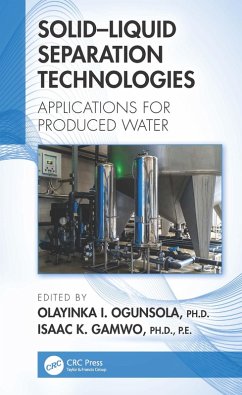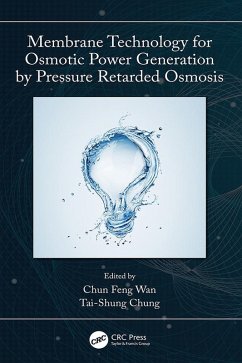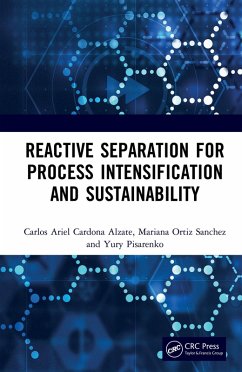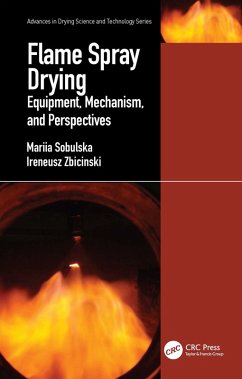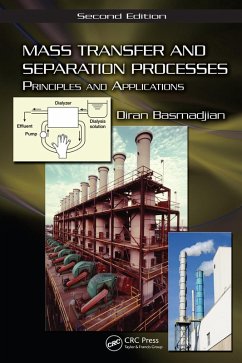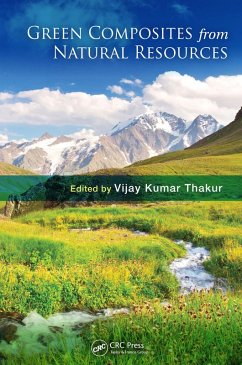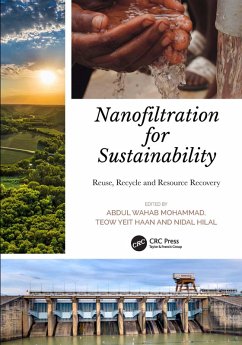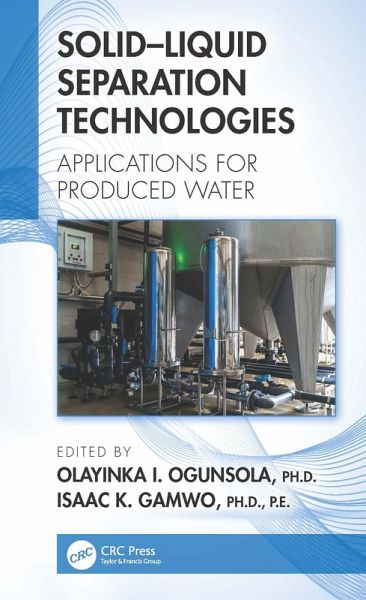
Solid-Liquid Separation Technologies (eBook, ePUB)
Applications for Produced Water
Redaktion: Ogunsola, Olayinka I.; Gamwo, Isaac K.
Versandkostenfrei!
Sofort per Download lieferbar
48,95 €
inkl. MwSt.
Weitere Ausgaben:

PAYBACK Punkte
24 °P sammeln!
This book presents recent research and advances in various solid-liquid separation technologies and some applications for treating produced water. It covers fundamental principles and the importance of produced water in major industrial sectors and compares solid-liquid separation technologies.In addition, this book Presents the results of research studies conducted to evaluate the performance of solid-liquid separation technologies Discusses a wide range of technologies, including membrane, filtration, crystallization, desalination, supercritical fluids, coagulation, and floatation Includes...
This book presents recent research and advances in various solid-liquid separation technologies and some applications for treating produced water. It covers fundamental principles and the importance of produced water in major industrial sectors and compares solid-liquid separation technologies.
In addition, this book
With its comprehensive coverage, this book is an essential reference for chemical researchers, scientists, and engineers in industry, academia, and professional laboratories. It is also an important resource for graduate and advanced undergraduate students studying solid-liquid separations.
In addition, this book
- Presents the results of research studies conducted to evaluate the performance of solid-liquid separation technologies
- Discusses a wide range of technologies, including membrane, filtration, crystallization, desalination, supercritical fluids, coagulation, and floatation
- Includes experimental, theoretical, modeling, and process design studies
With its comprehensive coverage, this book is an essential reference for chemical researchers, scientists, and engineers in industry, academia, and professional laboratories. It is also an important resource for graduate and advanced undergraduate students studying solid-liquid separations.
Dieser Download kann aus rechtlichen Gründen nur mit Rechnungsadresse in A, B, BG, CY, CZ, D, DK, EW, E, FIN, F, GR, HR, H, IRL, I, LT, L, LR, M, NL, PL, P, R, S, SLO, SK ausgeliefert werden.





